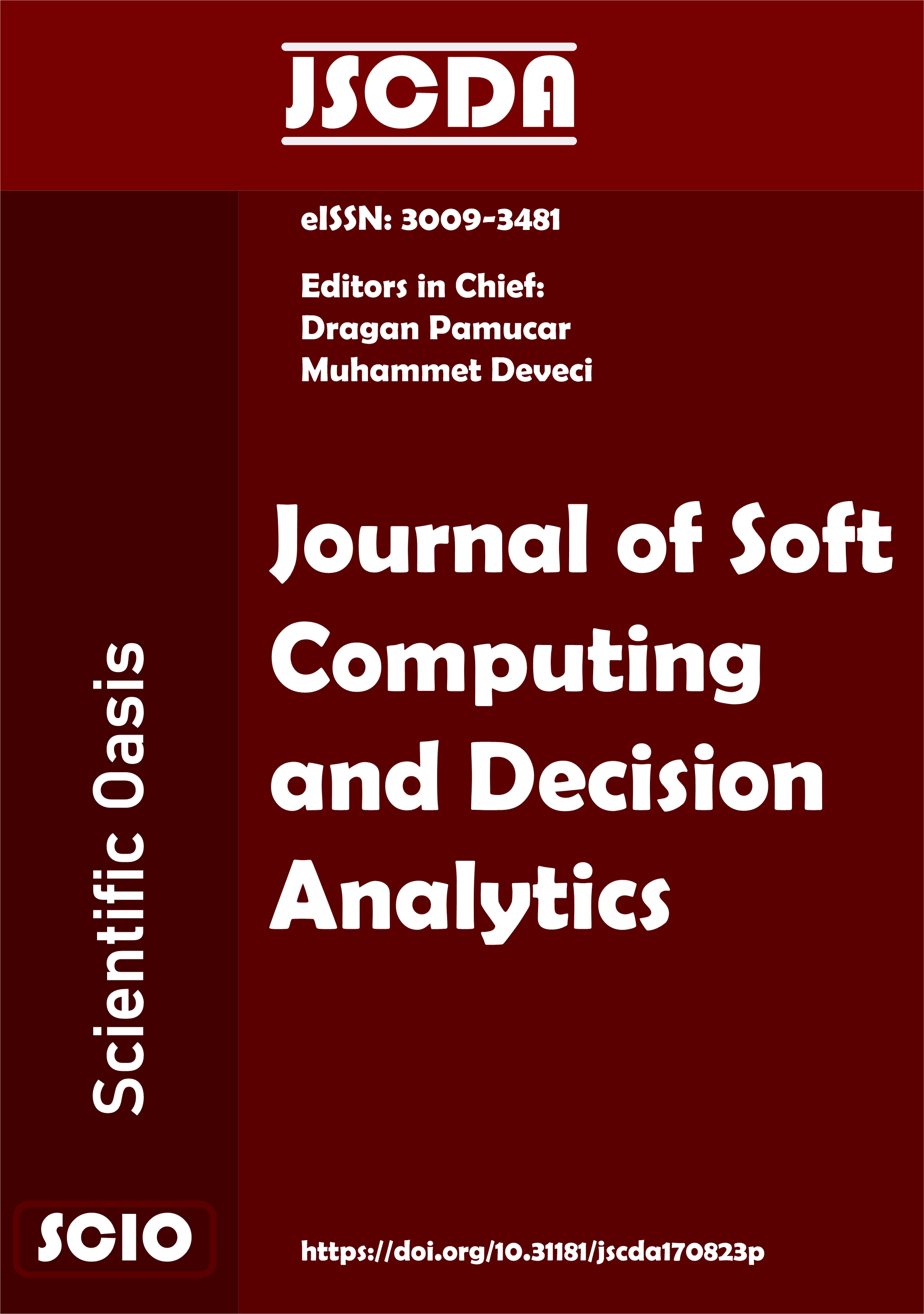International Training and Development
DOI:
https://doi.org/10.31181/jscda21202437Keywords:
Human resource management, Performance management, Business operationAbstract
It is widely accepted that effective management of human resources will bring about increased organizational and employee performance. Based on this, the area of international human resource management (IHRM) has gained increased interest, especially with the continued growth of multinational corporations and globalization. Many IHRM practices and theories have been developed since the emergence of international business. The boundaries of IHRM are established within the concepts of MNC management across diverse cultural work practices as well as comparative international HRM among organisations. In this paper, I will reflect on these concepts as applicable in the practices of international training and development and performance management and compensation. My reflective essay will explore these topics with a key interest in expatriates who are affected greatly by these international HRM because they work on foreign assignments.
References
Shen, J. (2005). International training and management development: theory and reality. Journal of Management Development, 24(7), 656-666. https://doi.org/10.1108/02621710510608786
Tahir, N., Yousafzai, I. K., Yousafzai, I. K., Jan, Dr. S., & Hashim, M. (2014). The Impact of Training and Development on Employees Performance and Productivity a Case Study of United Bank Limited Peshawar City, KPK, Pakistan. International Journal of Academic Research in Business and Social Sciences, 4(4), 86–98. https://doi.org/10.6007/ijarbss/v4-i4/756
Sent, E.-M., & Kroese, A. L. J. (2020). Commemorating Geert Hofstede, a Pioneer in the Study of Culture and Institutions. Journal of Institutional Economics, 18(1), 1–13. https://doi.org/10.1017/s174413742000051x
Gerlach, P., & Eriksson, K. (2021). Measuring Cultural Dimensions: External Validity and Internal Consistency of Hofstede’s VSM 2013 Scales. Frontiers in Psychology, 12(1). Frontiersin. https://doi.org/10.3389/fpsyg.2021.662604
Lokkesmoe, K. J., Kuchinke, K. P., & Ardichvili, A. (2016). Developing cross-cultural awareness through foreign immersion programs. European Journal of Training and Development, 40(3), 155–170. https://doi.org/10.1108/ejtd-07-2014-0048
Wilkins, S., & Neri, S. (2018). Managing Faculty in Transnational Higher Education: Expatriate Academics at International Branch Campuses. Journal of Studies in International Education, 23(4), 451–472. https://doi.org/10.1177/1028315318814200
Haugen, T., Seiler, S., Sandbakk, Ø., & Tønnessen, E. (2019). The Training and Development of Elite Sprint Performance: an Integration of Scientific and Best Practice Literature. Sports Medicine - Open, 5(1). https://doi.org/10.1186/s40798-019-0221-0
Furnham, A. (2019). Culture Shock: A Review of the Literature for Practitioners. Psychology, 10(13), 1832–1855. Scirp. https://doi.org/10.4236/psych.2019.1013119
TEDxPortsmouth - Dr. Chris Shambrook - Serious About Performance. (n.d.). Www.youtube.com. Retrieved February 16, 2022, from https://www.youtube.com/watch?v=NwOrkG6cg-g
Taba, M. I. (2018). Mediating effect of work performance and organizational commitment in the relationship between reward system and employees’ work satisfaction. Journal of Management Development, 37(1), 65–75. https://doi.org/10.1108/jmd-11-2016-0256
Nazir, T. (2012). Literature review on total rewards: An international perspective. African Journal of Business Management, 6(8). https://doi.org/10.5897/ajbm11.2423
Verweire, K. (2006). Integrated Performance Management: A Guide to Strategy Implementation. Strategic Direction, 22(5). https://doi.org/10.1108/sd.2006.05622eae.001
Tarmidi, D., Putri, R. R., & Agustriana, D. (2020). The Effects of Remuneration and Employee Engagement towards Employees’ Performance: A Study on PT INTI (Pasero) Bandung, Indonesia. International Journal of Psychosocial Rehabilitation, 24(02), 2930–2939. https://doi.org/10.37200/ijpr/v24i2/pr200593
Miyamoto, D., & Higuchi, J. (2007). Paying for Success: Performance-Related Pay Systems and its Effects on Firm Performance in Japan. Asian Business & Management, 6(S1), S9–S31. https://doi.org/10.1057/palgrave.abm.9200237
Briscoe, D. R., Schuler, R. S., & Tarique, I. (2011). International human resource management. Routledge.
Budhwar, P. S., Varma, A., & Patel, C. (2016). Convergence-divergence of HRM in the Asia-Pacific: Context-specific analysis and future research agenda. Human Resource Management Review, 26(4), 311–326. https://doi.org/10.1016/j.hrmr.2016.04.004
Gürhan Uysal. (2016). Convergence or Divergence Between European Human Resource Management and American Human Resource Management. Economics World, 4(2), 77-81. https://doi.org/10.17265/2328-7144/2016.02.004
Budhwar, P., Chowdhury, S., Wood, G., Aguinis, H., Bamber, G. J., Beltran, J. R., Boselie, P., Fang Lee Cooke, Decker, S., DeNisi, A., Prasanta Kumar Dey, Guest, D., Knoblich, A. J., Malik, A., Paauwe, J., Savvas Papagiannidis, Patel, C., Pereira, V., Ren, S., & Rogelberg, S. (2023). Human resource management in the age of generative artificial intelligence: Perspectives and research directions on ChatGPT. Human Resource Management in the Age of Generative Artificial Intelligence: Perspectives and Research Directions on ChatGPT, 33(3), 606-659. https://doi.org/10.1111/1748-8583.12524
Björkman, I., & Lervik, J. E. (2007). Transferring HR practices within multinational corporations. Human Resource Management Journal, 17(4), 320–335. https://doi.org/10.1111/j.1748-8583.2007.00048.x
Ren, S., Xie, Y., Zhu, Y., & Warner, M. (2018). New generation employees’ preferences towards leadership style in China. Asia Pacific Business Review, 24(4), 437–458. https://doi.org/10.1080/13602381.2018.1451128
Đorđević, B. (2016). Impact of National Culture on International Human Resource Management. Economic Themes, 54(2), 281–300. https://doi.org/10.1515/ethemes-2016-0014
Baddeley, M. (2006). Convergence or Divergence? The Impacts of Globalisation on Growth and Inequality in Less Developed Countries. International Review of Applied Economics, 20(3), 391–410. https://doi.org/10.1080/02692170600736250
Fong, J., & Burton, S. (2008). A cross-cultural comparison of electronic word-of-mouth and country-of-origin effects. Journal of Business Research, 61(3), 233–242. https://doi.org/10.1016/j.jbusres.2007.06.015
Downloads
Published
Issue
Section
License
Copyright (c) 2024 Scientific Oasis

This work is licensed under a Creative Commons Attribution-NonCommercial-NoDerivatives 4.0 International License.
















